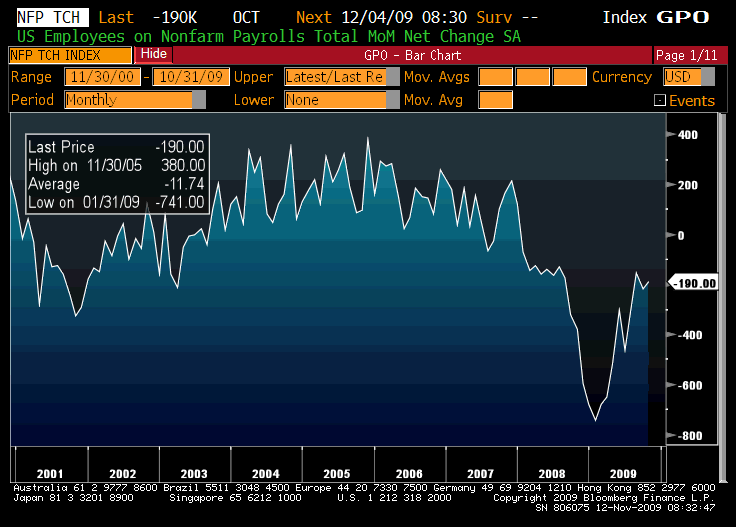Then tell them to make the products better.It's a simple formula that drives capitalism ... good product .... affordable cots .... equals more sales .... bad product ... at too high a price ... equals no sales.
Do you mean to say that forcing an auto manufacturer to pay Union wages of $70K+ per year plus Cadillac level bennies for unskilled or at best medium skilled labor does not lead to lower product prices?

Except that they're not being paid 70k a year. The number is oft repeated... and completely made up.
I have tried to be civil, even friendly in our disagreements, but the time has come for honesty.
You are a poor example to all posters who are entitled to the respect due to honest attempts to explore and exchange ideas.
Neither are your expositions honest, nor is there any attempt to base them on source material.
"...completely made up." casts aspersions and a sub rosa insult to the poster you are questioning.
Where is the link?
Is there a link or is your statement "...completely made up."?
And if it is "completely made up," what does that say about you?
BTW,
"GM, UAW set stage to potentially transform U.S. auto landscape
Pact includes VEBA, signing bonus, two-tier wage plan
BY KATIE MERX, TIM HIGGINS, SARAH A. WEBSTER AND JOE GUY COLLIER FREE PRESS BUSINESS WRITERS SEPTEMBER 26, 2007
GM, UAW set stage to potentially transform U.S. auto landscape | freep.com | Detroit Free Press
The automaker will implement a two-tier wage and benefits scale for jobs that GM and the UAW have agreed are "non-core" production jobs. Those jobs are expected to include many positions in which workers do not have their hands on a vehicle in the assembly process. In addition, GM is expected to offer a targeted special attrition program to move workers in those non-core jobs off the active worker member rolls. Wages and benefits for second-tier workers will average $27 per hour, compared with the average $73 per hour of current workers, the sources said.
Analysts estimate that foreign automakers with U.S. manufacturing operations pay an average of $20 less to $30 less per hour than GM. The costs are said to put U.S. manufacturers at a $1,500 to $2,000 disadvantage to the foreign automakers."
If you annualize Chryslers labor cost of $75.86 an hour per worker over a 35-hour week, for 50-weeks a year, the yearly compensation comes in at almost $133,000 per worker per year.
http://www.cnsnews.com/public/conten...x?RsrcID=39499
This school-yard level of debate obviates the value of a board such as this.
It would be best if you sat back and observed the way adults debate, until you grow up.



 , but the Center for Automotive Research is fairly well respected...
, but the Center for Automotive Research is fairly well respected...
